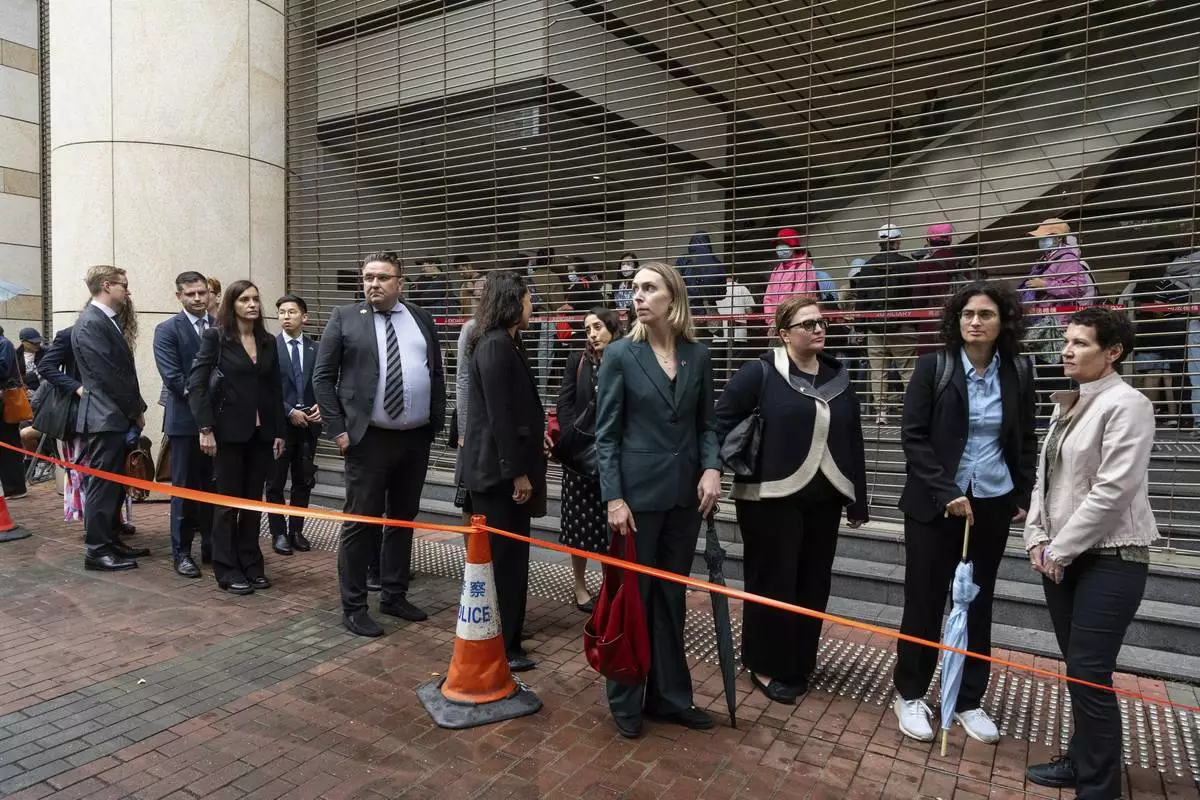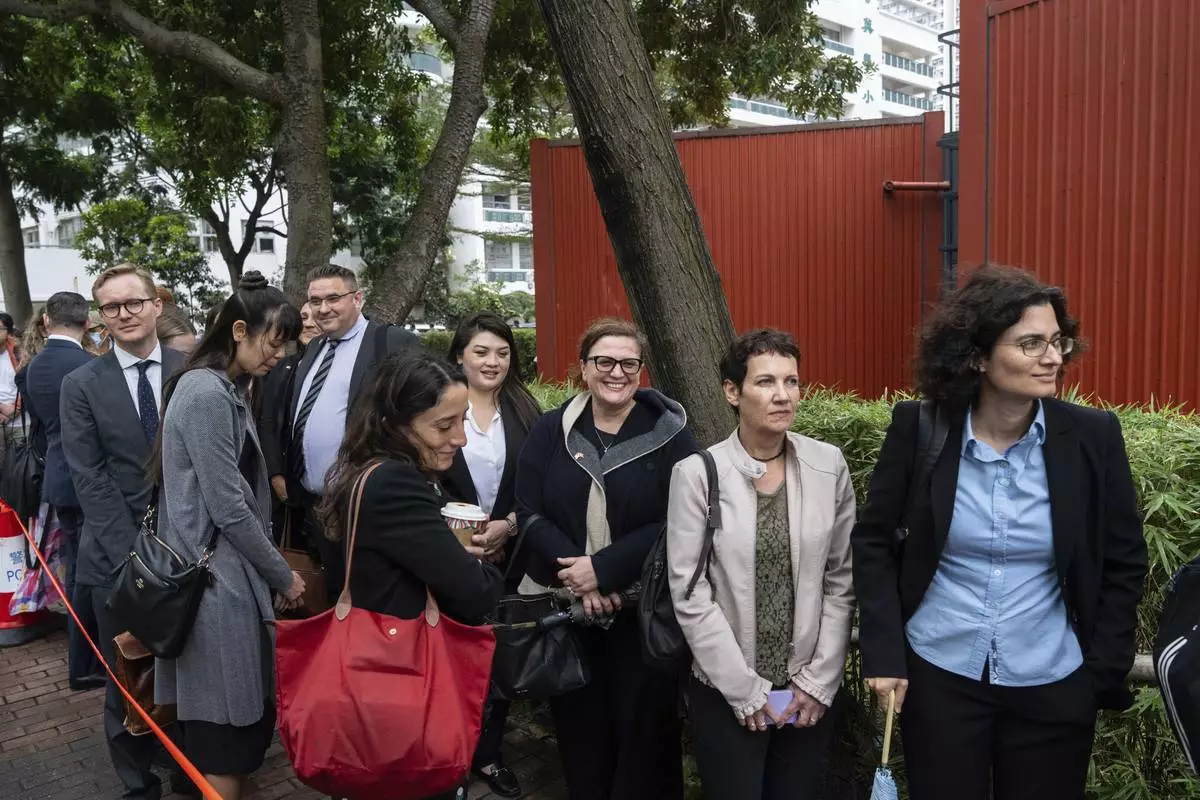Estate planning is one of those tasks that makes almost any other job look appealing, no matter how lowly.
The good news is that you’ve probably already done a little bit of estate planning—you just may not be aware of it. It's helpful to think of estate planning as a process rather than something that’s one-and-done and begins and ends in an attorney’s office.
Here are the key steps to take.
Step 1: Find a Qualified Attorney
Start by asking other financial professionals who you work with—whether a financial advisor or an accountant—for recommendations. If you have a specific situation that is likely to affect your estate plan — for example, if you’re a small-business owner or if you have a child with special needs —be sure to ask for referrals to attorneys who are well-versed in those areas.
Before you select an attorney, it’s perfectly reasonable to conduct a basic informational interview.
As you speak with a prospective estate-planning attorney, also weigh the intangibles. Do you like this person, and would you be comfortable supplying him or her with personal information about your finances and family situation?
Step 2: Take Stock of Your Assets
Spend time enumerating your assets and their value: your investment accounts as well as life insurance, personal assets such as your home, and your share of any businesses that you own. You should also gather current information about any debts outstanding. Your estate-planning attorney is likely to provide you with a worksheet to document your assets and liabilities, but it’s helpful to collect this information in advance.
Step 3: Identify Key Individuals
You’ll need individuals to fill the following key roles. Note that the same individual can fulfill more than one role.
Executor: A person who gathers all of your assets and makes sure that they are distributed as spelled out in your will. Many people call upon family members to serve as executors, but it’s also possible—and in some cases desirable—to hire a professional.
Durable (or Financial) Power of Attorney: A durable power of attorney is a document that grants an individual the legal authority to make financial decisions on your behalf if you should become disabled and unable to manage your own financial affairs.
Power of Attorney for Healthcare: A power of attorney for healthcare is a document that specifies whom you entrust with making healthcare decisions on your behalf if you are disabled and unable to make them on your own.
Guardian: A person who would look after your children if you and your spouse were to die when your children are minors.
Step 4: Know the Key Documents You Need
At a minimum, you should ask your attorney to draft the following:
Last Will and Testament: A legal document that tells everyone—including your heirs—how you would like your assets distributed after you’re gone.
Living Will: A document that tells your loved ones and your healthcare providers how you would like to be cared for if you should become terminally ill.
Step 5: Manage Your Documents
Once your estate-planning documents are drafted, destroy any older versions of them. You must also keep the documents in a safe place, either in a home safe, in the top drawer of a secure file cabinet in your home, or in your safe-deposit box.
Notify your executor of the whereabouts of your estate-planning documents, and provide copies of the relevant documents to your executor, agents for powers of attorney, and the guardian for your children.
Step 6: Don’t Neglect the Softer Side of Estate Planning
This may include considersations like: If you end up needing long-term care, would you rather receive that care at home, provided you could afford it? If in the unlikely scenario your guardians have to care for your minor children, what are the key values you’d like them to impart to your kids?
Step 7: Plan to Keep Your Plan Current
Plan to notify your estate-planning attorney, and possibly revise your documents, if you experience any of the following:
Change in marital or family status (for example, marriage, divorce, birth, or adoption of child)
Major change in assets—either sale or purchase
Major change in financial status
Death or ill health of one of your beneficiaries
Death or ill health of executor, power of attorneys, or guardian
This article was provided to The Associated Press by Morningstar. For more personal finance content, go to https://www.morningstar.com/personal-finance
Christine Benz is the director of personal finance and retirement planning at Morningstar.

FILE - In this June 15, 2018, file photo, cash is fanned out from a wallet in North Andover, Mass. (AP Photo/Elise Amendola, File)
HONG KONG (AP) — Forty-five prominent activists in Hong Kong were sentenced to jail for up to 10 years on Tuesday, sparking criticism from foreign governments and rights groups, but Beijing defended the decisions.
The democracy advocates were among 47 people charged under a Beijing-imposed national security law in 2021 for their involvement in an unofficial primary election to pick opposition candidates. In the city's biggest national security case to date, they were accused of agreeing to veto government-proposed budgets indiscriminately after potentially securing a legislative majority to force a dissolution of the legislature and then the ouster of the city’s leader.
The case involved pro-democracy figures across the spectrum. Thirty-one of them pleaded guilty to the charge of conspiracy to commit subversion. Fourteen others were convicted following a long trial. Two were acquitted.
Australian Foreign Minister Penny Wong said her government was “gravely concerned” by the sentences for Australian citizen Gordon Ng and the other activists. Wong said Australia has expressed strong objections to the Chinese and Hong Kong authorities over the continuing broad application of national security legislation.
Catherine West, minister for the Indo-Pacific in Britain’s Foreign Office, said the sentencing was a clear demonstration of Hong Kong authorities' use of the security law to criminalize political dissent.
“Those sentenced today were exercising their right to freedom of speech, of assembly and of political participation,” she said.
Chinese Foreign Ministry spokesperson Lin Jian said no one should be allowed to use democracy as a pretext to engage in unlawful activities and escape justice. Lin said certain Western countries ignored the fact that they maintain their own national security through judicial procedures while unreasonably criticizing Hong Kong courts for "fairly implementing" the security law.
“This severely violates and tramples on the spirit of the rule of law,” he said at a news briefing.
He said Beijing firmly opposes what he described as certain Western countries' interference in China's internal affairs and their attempts to smear Hong Kong's rule of law.
The European Union called the sentencing “another unprecedented blow” against the city's fundamental freedoms, democratic participation and pluralism.
It said in a statement that it is deeply concerned about the politically motivated prosecution of the defendants for peaceful political activity. It said such activities should be legitimate in any political system that respects basic democratic principles.
Hong Kong Security Minister Chris Tang said the sentences reflected the severity of the offenses. Tang said national security helps safeguard the city's prosperity, so his government takes any violations of the law seriously.
“Different people may have different judgments about whether the sentencing is appropriate. But I think the important point is the rule of law," he said in a news briefing.
Taiwan presidential office spokesperson Karen Kuo said democracy is not a crime and condemned the Chinese government for using what she called unjust procedures to suppress the political participation and freedom of speech of Hong Kong pro-democracy figures.
The sentencing "not only breaks the promises of ‘50 years unchanged’ and ‘high degree of autonomy,’ but further proves that ‘one country, two systems’ is unfeasible," she said in a statement.
When Hong Kong returned from British to Chinese rule in 1997, Beijing promised to retain its Western-style civil liberties for 50 years under the governing principle of “one country, two systems.”
Jeremy Laurence, spokesperson for the Office of the U.N. High Commissioner for Human Rights, said he is gravely concerned by the use of the security law to criminalize conduct protected by the human rights to freedom of expression, peaceful assembly and association.
“We will continue to engage with the Chinese authorities as we have done in the past," he said.
The U.S. Consulate in Hong Kong said the U.S. strongly condemned the sentences, saying the defendants were aggressively prosecuted and jailed for participating in normal political activity protected under the city's mini-constitution.
“We call on (Beijing) and Hong Kong authorities to cease politically motivated prosecutions of Hong Kong citizens and to immediately release all political prisoners and individuals jailed for their peaceful advocacy for rights and freedoms,” it said in a statement.
Hong Kong's last British governor, Chris Patten, said the sentencing was “not only an affront to the people of Hong Kong, but those who value rights and freedoms around the world" in a statement.
He condemned the “sham” sentences, calling on the British government not to allow the results of the case to go unnoticed. He said the activists were an integral part of the city's pro-democracy movement.
Amnesty International China director Sarah Brooks said the people convicted in the "politically motivated" case should not spend even a day in jail.
“None of the 45 people sentenced have committed an internationally recognized crime; they have been jailed only for exercising their human rights,” she said.
Maya Wang, associate China director at Human Rights Watch, said, “Running in an election and trying to win it is now a crime that can lead to a decade in prison in Hong Kong.”
Wang said the harsh sentences reflect how fast Hong Kong's civil liberties and judicial independence have nosedived in the past four years since the security law was introduced.

Representatives from various consulates wait in line outside the West Kowloon Magistrates' Courts in Hong Kong Tuesday, Nov. 19, 2024, ahead of the sentencing in national security case. (AP Photo/Chan Long Hei)

Representatives from various consulates wait in line outside the West Kowloon Magistrates' Courts in Hong Kong Tuesday, Nov. 19, 2024, ahead of the sentencing in national security case. (AP Photo/Chan Long Hei)












